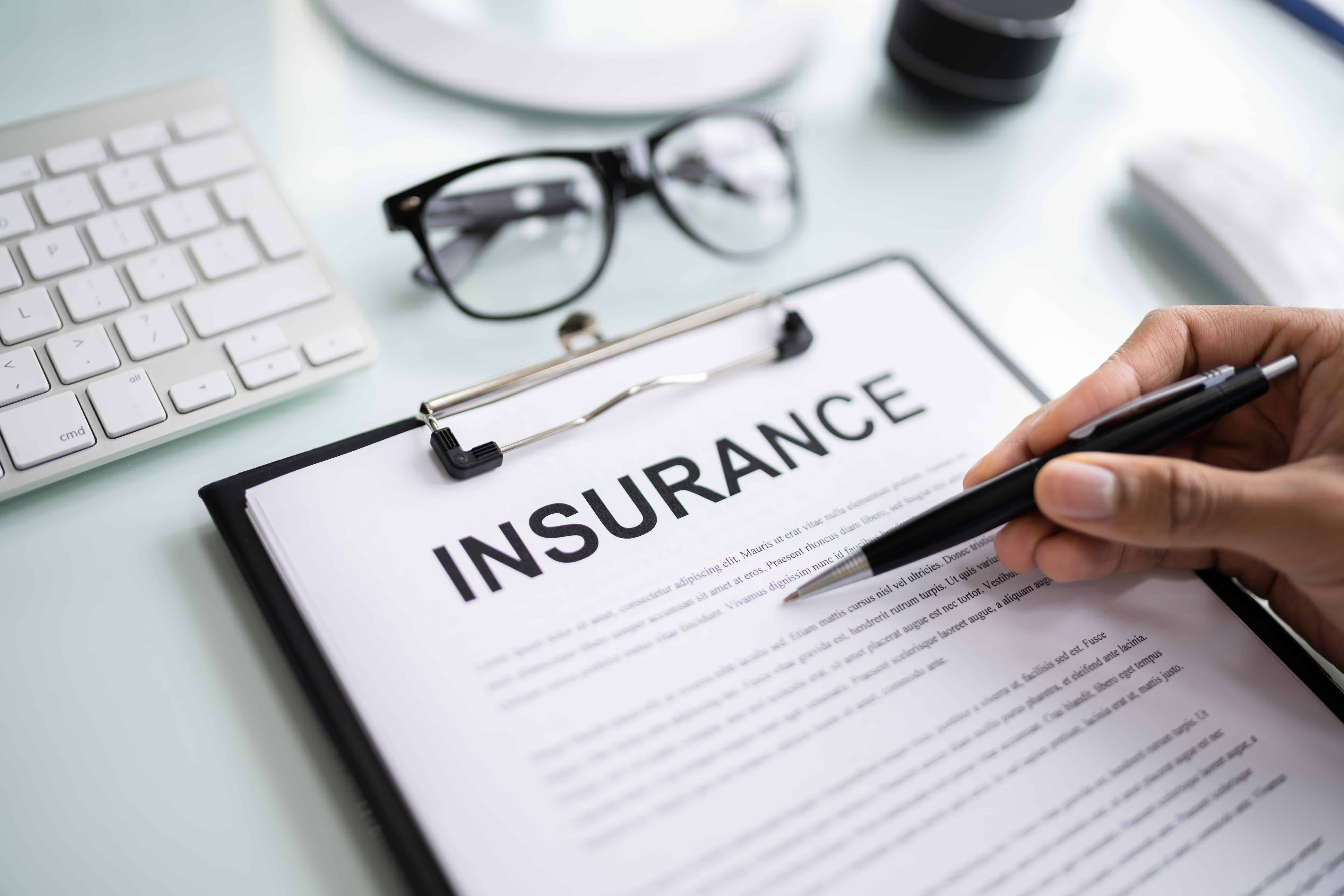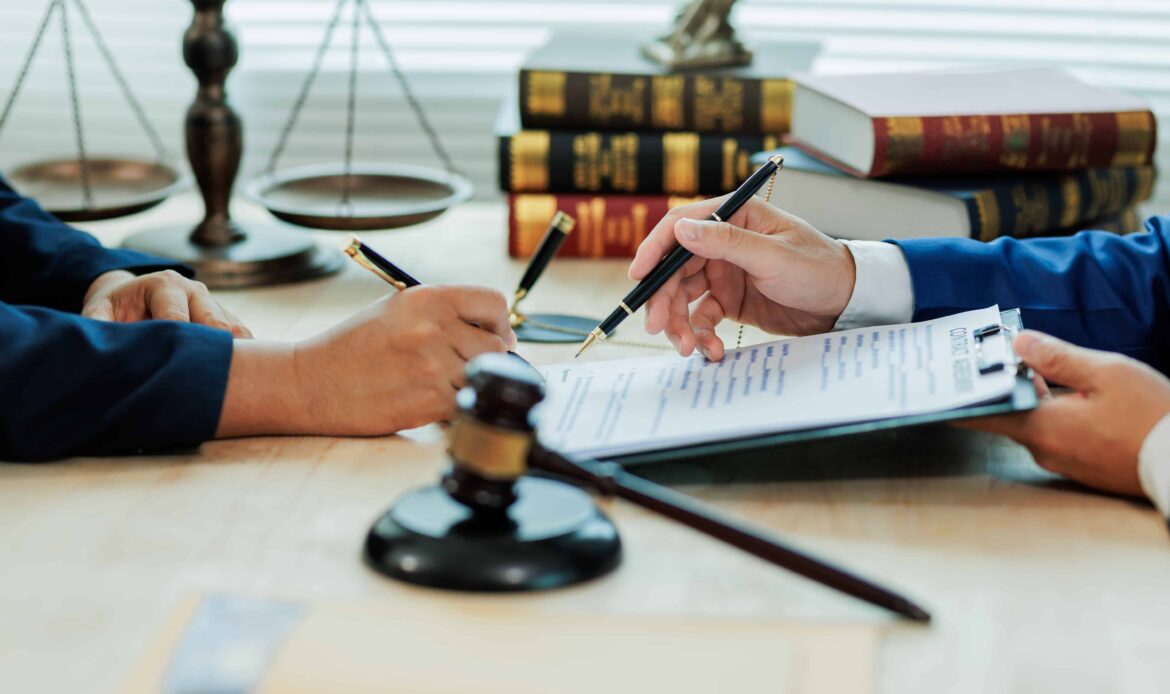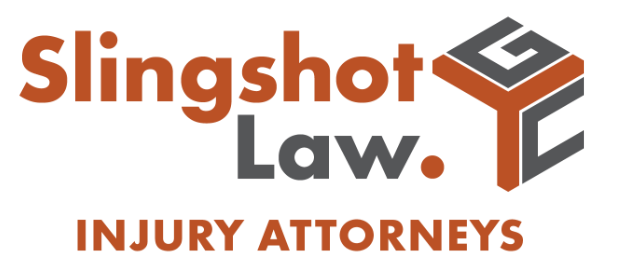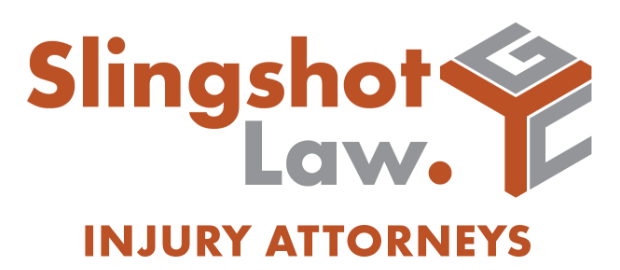After an accident, one of the first calls you’ll likely receive is from an insurance adjuster. When they ask for a recorded statement, your answer is important. While it might seem like a simple, routine request, it’s often best to politely decline to give a formal recorded statement until you’ve had a chance to understand your rights and options. The conversation is rarely as simple as just “telling your side of the story,” and what you say can have a major impact on the outcome of your accident claim.
Key Takeaways about If You Should Give a Statement to the Insurance Company
- An insurance adjuster’s primary role is to protect their company’s financial interests, which may not align with the goals of an injured person.
- A recorded statement is a formal piece of evidence that can be analyzed and used to challenge or limit a personal injury claim.
- Individuals generally have no legal obligation to provide a recorded statement to the at-fault party’s insurance company.
- It is possible to provide basic factual information without agreeing to a formal, recorded interview about the accident.
- Understanding state-specific laws, such as those concerning comparative fault, is important before discussing accident details.
Why Is the Insurance Adjuster Calling Me?

When your phone rings and it’s an adjuster from the other driver’s insurance company, it’s natural to think they are calling to help. While the person on the line may sound friendly and concerned, it’s crucial to remember who they work for. An insurance adjuster’s job is to investigate a claim and resolve it for the lowest possible cost to their company. They are not a neutral party, and they are not on your team.
Their main goal is to gather information that helps them determine liability, which is the legal term for who is at fault for the accident. In doing so, they are looking for any reason to minimize their company’s financial responsibility. This could mean trying to prove their driver wasn’t at fault, or even suggesting that you were partially to blame for what happened.
Adjusters are trained negotiators who handle these calls every day. When they ask for a statement, they are often hoping to:
- Find admissions of fault: They may ask questions designed to get you to say something that sounds like you’re accepting blame, like “I didn’t see them until the last second.”
- Lock you into a story: They want to get your version of events on record immediately, before you’ve had time to process the accident or before the full extent of your injuries becomes clear.
- Downplay your injuries: A common question is “How are you feeling?” If you instinctively say “I’m fine” or “I’m okay,” they can document that, even if you start feeling significant pain hours or days later.
These are just a few of the strategies used to gather information that can be used to protect the insurance company’s bottom line, which is why a seemingly innocent conversation can be so risky.
What is a Recorded Statement and How Can It Be Used?
A recorded statement is not just a casual chat. It is a formal interview about the accident, your injuries, and the aftermath, and it is being recorded to be used as official evidence. The adjuster will ask a series of specific questions, and your answers become a permanent part of your claim file. This recording can and will be scrutinized by the insurance company’s team of adjusters and lawyers.
Think of it this way: if your case were to go to court, that recording could be played for a judge or jury. Any small inconsistency between what you said on the recording and what you say later could be used to question your credibility.
Here’s how a recorded statement can be used against you:
- Twisting Your Words: Adjusters are skilled at rephrasing questions and interpreting answers in a way that benefits their case. A simple “I’m not sure” can be twisted into “The person is an unreliable witness.”
- Creating Contradictions: They will compare your recorded statement to everything else in your file—the police report, medical records, and witness accounts. Even a minor, innocent mistake about the time of day or the direction you were traveling can be framed as a major contradiction.
- Minimizing Your Injuries: They will ask detailed questions about your physical condition. If you don’t mention a specific pain point because it seems minor at the time, they may later argue that the injury wasn’t caused by the accident when it worsens and requires medical treatment.
This is why rushing into a recorded statement can be a disadvantage. You are giving the other side a piece of evidence before you have all the information yourself, including a full diagnosis from your doctors.
Your Own Insurance vs. The Other Driver’s Insurance

It’s important to know there’s a big difference between talking to your own insurance company and the other driver’s.
Your policy with your own insurance company is a contract. This contract almost certainly includes a “cooperation clause.” This clause requires you to communicate and cooperate with your insurer’s investigation of an accident. Failing to do so could put your coverage at risk.
However, this doesn’t mean you have to give them a formal recorded statement immediately and without preparation. You can and should still be careful. You can provide the basic facts of the accident—who was involved, the date, time, and location—without giving a detailed, speculative narrative on a recorded line.
On the other hand, you have no contract with the other driver’s insurance company. Therefore, you are under no obligation to provide them with a recorded statement. You can, and often should, politely decline their request. Protecting your rights is paramount, and you are in control of when and how you share the details of what you’ve been through.
What Should I Do When the Adjuster Calls?
Adjusters can be persistent when they call, and you might feel pressured to talk. Knowing what to do ahead of time can help you stay in control of the situation and protect your interests.
Here are a few steps you can take when you get that call:
- Stay Calm and Polite: You don’t need to be confrontational. A polite and firm tone is most effective.
- Get Their Information: Before you say anything else, ask for the adjuster’s full name, the insurance company they work for, the name of the person they insure (the other driver), and the claim number. Write this all down.
- Politely Decline the Statement: You can simply say, “I am not able to give a recorded statement at this time.” You do not need to give a long explanation.
- Keep it Brief: Avoid getting into small talk or answering “just a few quick questions.” These are often tactics to get you to share information informally.
- End the Conversation: Let them know that you will be in touch later or that a representative will be contacting them on your behalf. Then, politely end the call.
Taking these simple steps allows you to control the flow of information and gives you the time you need to think clearly about your next steps, free from pressure.
The Risks of Saying “Too Much”
In states like Texas and Colorado, the concept of comparative negligence (or comparative fault) is incredibly important. This legal rule means that if you are found to be partially at fault for an accident, the amount of compensation you can recover is reduced by your percentage of fault.
For example, in Texas, you cannot recover any damages if you are found to be 51% or more at fault. Similarly, Colorado law bars recovery if your fault is found to be equal to or greater than the other party’s (50% or more).
This is exactly why insurance adjusters look for any admission of fault. Something as simple as saying, “I’m so sorry that happened,” could be misconstrued as an apology for causing the crash. Speculating about your speed or what you were doing right before impact can also provide the adjuster with ammunition to assign you a percentage of the blame, thereby reducing the value of your claim.
Understanding the Legal Landscape in Austin and Grand Junction

Whether you were caught in rush-hour traffic on I-35 in Austin or were in a collision while heading out to the Colorado National Monument near Grand Junction, the aftermath of an accident is disorienting. The tactics used by insurance companies are consistent across the country, but having a familiarity with the local environment can make a difference.
For instance, an accident in a busy area like near Zilker Park might have multiple witnesses, while a crash on a more rural road outside of Grand Junction might have none. Understanding how evidence is gathered and how cases are typically handled by courts in Travis County, Texas, or Mesa County, Colorado, provides important context.
The insurance giants have teams of lawyers who know these local details inside and out. Your focus should be on your recovery, not on trying to learn the complexities of the local legal system overnight. This is where getting guidance can level the playing field.
When Is Seeking Legal Guidance a Good Idea?
You have the right to speak with an attorney before speaking with any insurance company, including your own. An attorney can communicate with the adjuster on your behalf, ensuring your rights are protected and that no information is provided that could be taken out of context. They can handle the aggressive phone calls and paperwork, allowing you to focus on what matters most: your health and your family.
Consider reaching out for a consultation in the following situations:
- You have suffered significant injuries that require medical care.
- The insurance adjuster is pressuring you to provide a statement or accept a quick settlement offer.
- The other driver’s insurance company is disputing liability or suggesting you were at fault.
- You feel overwhelmed by the process and are unsure of what to do next.
A consultation doesn’t commit you to anything. It’s simply an opportunity to get information and clarity about your situation so you can make an informed decision for yourself.
Giving a Statement to the Insurance Company FAQs
Here are answers to some common questions that come up after an accident when dealing with insurance companies.
What if I already gave a recorded statement?
If you have already given a recorded statement, it does not mean your claim is over. It is still a good idea to consult with an attorney who can review the statement and help you navigate the next steps. They can work to clarify any points that may have been confusing or that the adjuster might try to use against you.
Is an oral statement over the phone the same as a written one?
A recorded oral statement is often more dangerous than a written one because it captures your tone of voice, hesitations, and exact phrasing, which can be interpreted in various ways. A written statement allows for more careful thought and review before being submitted, but it can still contain pitfalls. In general, any formal statement, written or recorded, should be approached with caution.
Can I just provide a written statement instead?
While you can, it’s often not advisable to do so without guidance. An adjuster may send you forms with questions that are just as leading and tricky as the ones they would ask over the phone. Any written document you sign can be used as evidence. It’s best to have any written communication reviewed by a legal professional before sending it.
What if the adjuster says my claim will be denied if I don’t give a statement?
This is a common pressure tactic. While your own insurance company can require your cooperation, the other party’s insurer cannot deny a claim simply because you refuse to give a recorded statement. They must conduct a reasonable investigation using other sources, such as the police report, photos, and witness interviews. If an adjuster makes this threat, it is a strong signal that you should seek legal guidance immediately.
Slingshot Law: We’ll Handle the Fight

After an accident, you may feel like you’re facing a giant with no one in your corner. The insurance companies have vast resources and are focused on their own interests. At Slingshot Law, we believe everyone is entitled to a fair fight. We are here to be the game-changing weapon in your battle, ensuring your voice is heard and your rights are protected.
You don’t have to go through this complicated process alone. Contact Slingshot Law today at (800) 488-7480 or through our online form for a free, no-obligation case review. We will listen to your story, answer your questions, and provide clear guidance on your options, empowering you to get back on your feet.


